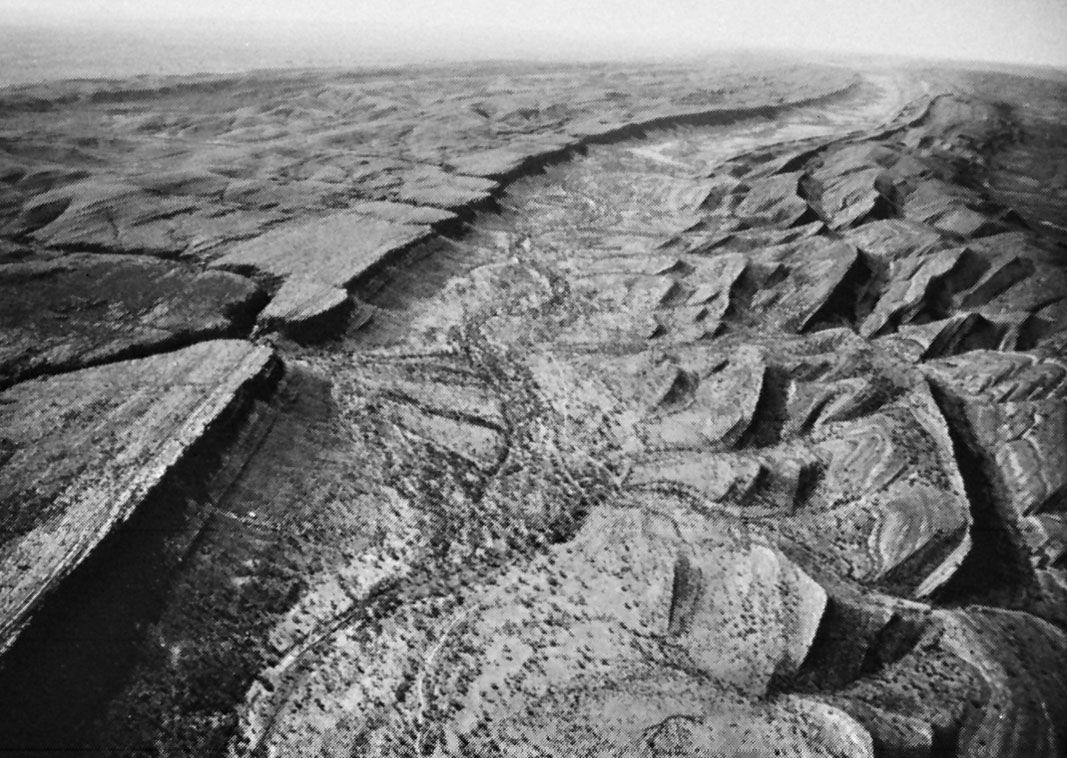peneplain
- Related Topics:
- planation surface
- geomorphic cycle
peneplain, gently undulating, almost featureless plain that, in principle, would be produced by fluvial erosion that would, in the course of geologic time, reduce the land almost to baselevel (sea level), leaving so little gradient that essentially no more erosion could occur. The peneplain concept was named in 1889 by William M. Davis, who believed it to be the final stage of his geomorphic cycle of landform evolution.
There has been much debate on the peneplain theory. The lack of present-day peneplains tends to discredit it, but some attribute this lack to geologically recent diastrophism, or uplifting, of the Earth’s crust. Other geomorphologists question whether the Earth’s crust has ever remained stable long enough for peneplanation to occur.
Criteria considered by its proponents to be evidence for the theory are (1) the accordant summits, or remnants of an uplifted, dissected peneplain; (2) the occurrence of uniform truncation of strata of varying erosional resistance; and (3) the presence of remnants of a mantle of residual soil formed on the peneplain. Opponents of the theory hold that even if some examples do represent almost flat plains (which they consider unlikely), they were not necessarily formed by fluvial erosion within the confines of a geomorphic cycle.













